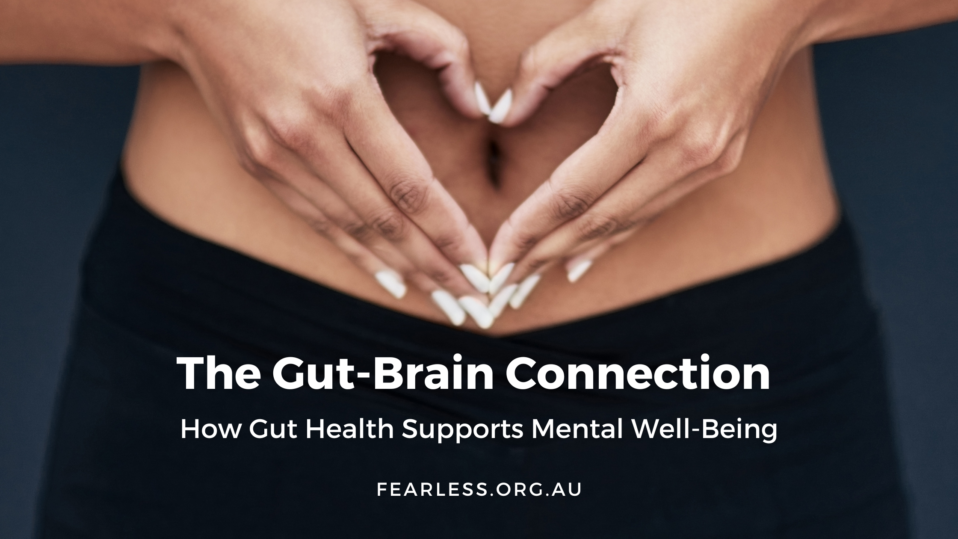Emerging research continues to highlight a fascinating link between the gut and the brain. Known as the gut-brain axis, this connection underscores how gut health can significantly influence mental health, including mood, cognition, and overall well-being. For individuals recovering from post-traumatic stress (often referred to as PTSD) and their families, understanding this relationship offers new avenues for support and healing.
What Is the Gut-Brain Connection?
The gut-brain axis is a complex communication network linking the gut and the central nervous system. This connection allows the gut and brain to send signals back and forth, influencing mental and physical health. Research indicates that the gut microbiome—a collection of microorganisms living in the digestive tract—plays a vital role in regulating neurotransmitters like serotonin, often referred to as the “feel-good” chemical.
For individuals navigating post-traumatic stress, a well-balanced gut microbiome can be a key factor in managing symptoms such as anxiety, depression, and fatigue.
How Gut Health Impacts PTSD Recovery
Trauma can disrupt the balance of the gut microbiome, exacerbating stress-related symptoms. Here’s how addressing gut health can support recovery:
- Improved Mood Regulation: A healthy gut helps produce neurotransmitters that regulate mood, which can alleviate symptoms like irritability and anxiety.
- Better Stress Response: A balanced microbiome can reduce inflammation and lower cortisol levels, helping the body better manage stress.
- Enhanced Sleep Quality: Since gut health is linked to melatonin production, improving gut health can support more restful sleep—a crucial factor in PTSD recovery.
Practical Tips to Support Gut Health
1. Choose Gut-Friendly Foods
Incorporate a diet rich in whole foods, fibre, and fermented products such as yogurt, sauerkraut, or miso. Avoid excessive processed foods, which can disrupt the gut microbiome.
2. Consider Probiotics and Prebiotics
Probiotics (healthy bacteria) and prebiotics (foods that feed healthy bacteria) can enhance gut health. Speak with a healthcare professional to explore the right supplements for you.
3. Manage Stress Holistically
Engage in mindfulness practices like yoga, meditation, or gentle exercise, which benefit both mental and gut health.
4. Stay Hydrated
Proper hydration supports digestion and helps maintain a healthy gut lining, which is essential for overall well-being.
The Role of Families in Supporting Gut Health
For families supporting loved ones with post-traumatic stress, incorporating these gut-friendly strategies into daily routines can foster shared well-being. Preparing nutritious meals together or encouraging mindfulness practices can create moments of connection while promoting holistic health.
Support FearLess
At FearLess, we are committed to supporting Australians living with post-traumatic stress and their families. Together, we can create pathways to recovery through education, resources, and community initiatives.
Help us continue our work by donating today. Every contribution makes a difference in supporting trauma recovery and fostering mental well-being.
This article is for informational purposes only and should not replace professional medical advice. Always consult a qualified healthcare provider regarding your health concerns or treatment options.



Post a comment